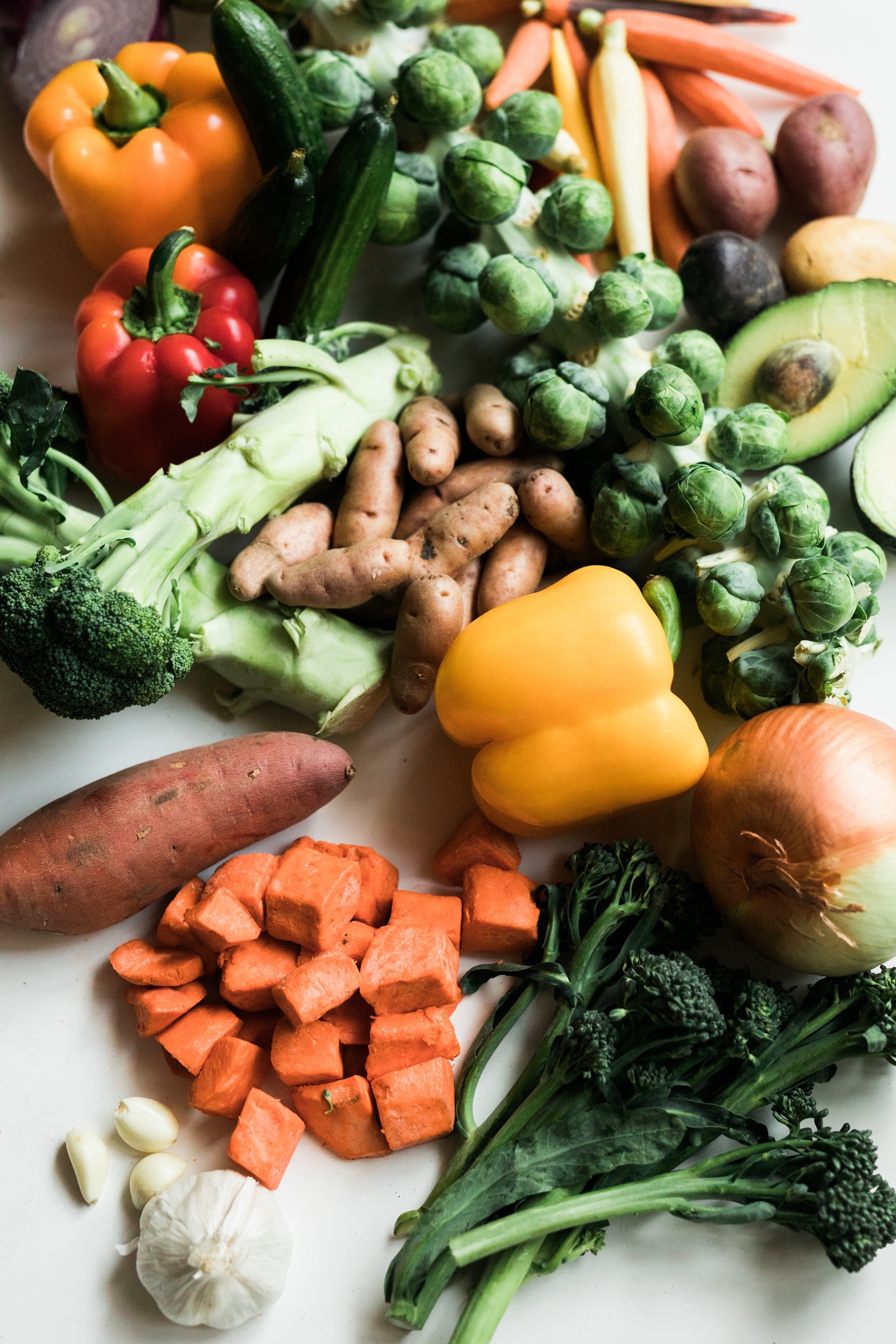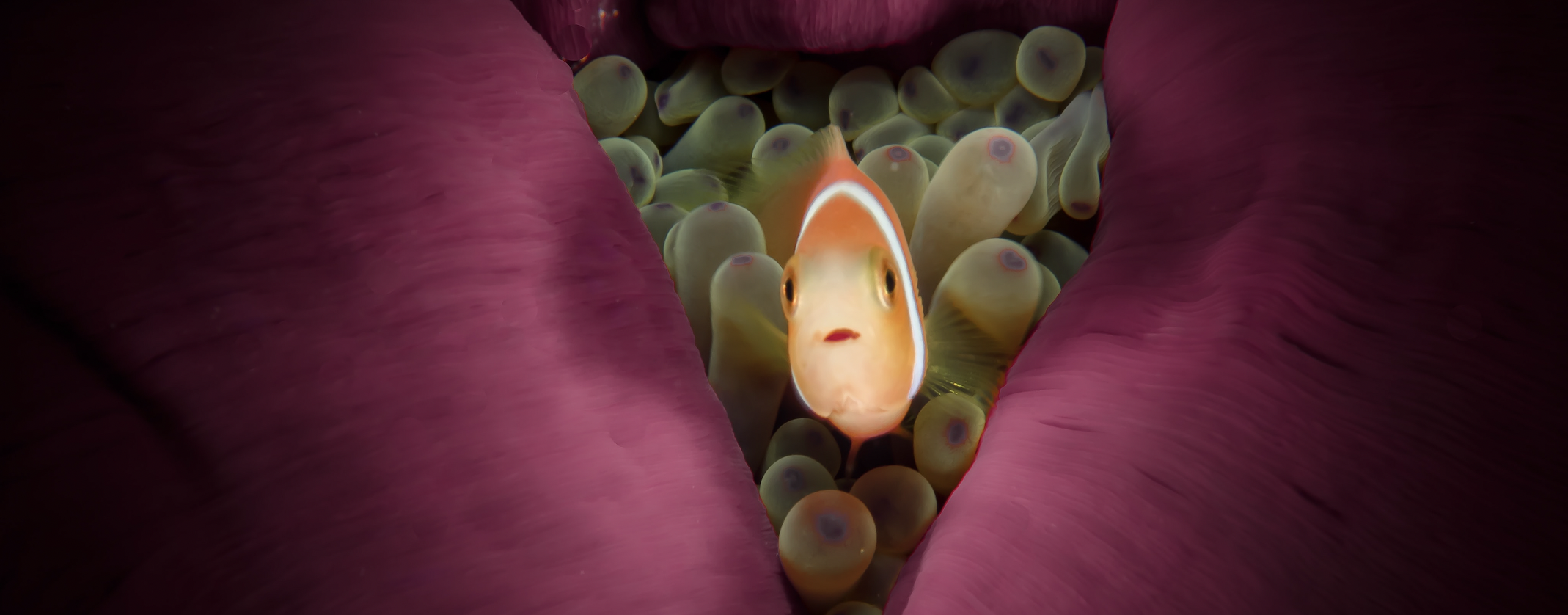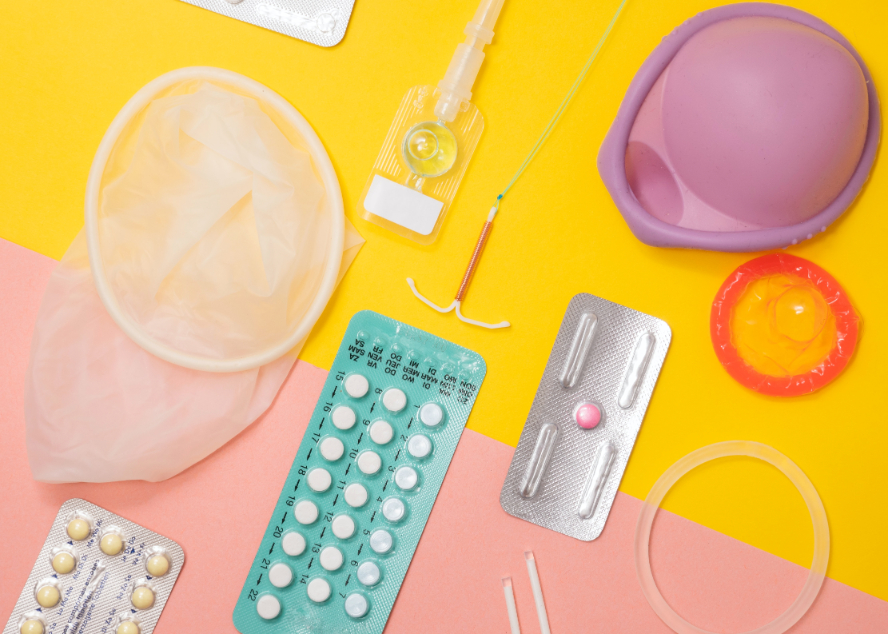

Knowledge
Fertility Foods for Women to Help You Get Pregnant Faster
How you nourish your body is key not only when you have a baby in your belly, but also to help prepare for pregnancy. Have you heard that there are some foods linked to better female fertility? Pro-fertility diets have been quite the hot topic lately as more and more studies show the impact of nutrition on reproductive health.
Here’s the lowdown on foods that increase fertility in females (plus which foods you should avoid) to naturally boost your chances of getting pregnant.
Fertility Foods: What foods increase female fertility?
Plant-based protein Plant-based diets are all the rage these days. And evidence points to benefits for moms-to-be too. Scientists have found that replacing meat with vegetable sources of protein may reduce the risk of ovulatory infertility by up to 50%! You don’t need to become a vegetarian tomorrow or anything like that, but consider swapping out some meat with beans, lentils, chickpeas, edamame, tofu, oats, nuts, and seeds.
Leafy green veggies Spinach, romaine lettuce, asparagus, Brussels sprouts, and broccoli are high in folate, an important nutrient for pre-conception and pregnancy. They also pack a decent protein punch.
Fruit Fruit is another important part of the fertility diet for women. A 2018 study found that people who ate at least 3 portions of fruit per day got pregnant faster and had higher fertility. Consider adding berries to your breakfast as they are loaded with antioxidants which help protect cells from aging (including your eggs).
Seafood Fish high in omega-3 fatty acids and low in mercury such as sardines, cod, salmon, and herring can up your chances of conceiving. Other research shows that eating more fish is linked to higher chances of a live birth following infertility treatment. Eat other types of seafood like oysters as well. Not only are they a known aphrodisiac, but they contain zinc, two things important for conception!
Unsaturated fats “Good” fats like the ones in olive oil, avocado, nuts and seeds are linked to better fertility.
Full-fat dairy Some researchers have found that high-fat dairy is connected to lower rates of ovulation infertility. Take this one with a grain of salt, however, because the evidence on dairy is a bit mixed.
Whole grains If you have the choice between white or whole-wheat bread, go for the ladder. A 2016 study found that people undergoing IVF treatment who ate more whole grains, such as brown rice, quinoa, and whole oats, were significantly more likely to have a live birth. Researchers believe this is because whole grains thicken the endometrial layer, making implantation more likely.
Vitamins Lastly, make sure you’re getting all the vitamins and nutrients you need. Data suggests that vitamin D may be important for fertility, especially for women using artificial reproductive technology and those with Polycystic Ovary Syndrome. Current guidelines recommend taking vitamin D supplements during winter, and all women trying to conceive should take a prenatal supplement containing 400mg of folate. Iron and zinc are two more key nutrients for fertility.
Of course, it’s possible to get pregnant regardless of what you eat. Some studies may have trouble proving a cause-effect link between foods and fertility because there are so many other factors at play: smoking, sleep, exercise, and weight are all big influences. There are exceptions too, like my obese neighbor who eats meat three times per day and conceived on her second cycle after stopping the pill. But if you’re looking to up your chances of getting pregnant and prepare your body for a healthy pregnancy, research shows these are the foods to add to your plate.
Now let’s take a look at what scientists say you should steer clear of when trying to get pregnant.
What foods to avoid when you’re trying to get pregnant fast
Fast food, trans and saturated fats Who doesn’t love indulging on fries or sweets from time to time? Just watch how much you eat. The fats in microwave popcorn, frozen pizza, fried foods, packaged cakes and cookies, and refrigerated dough are just bad news for your health, even if you’re not trying to get pregnant. Researchers discovered that eating fast food up to 2 times per week or not at all corresponds to a 34% and 41% reduced risk of infertility, respectively.
Sugary drinks If you’re an avid soda drinker, you may want to switch to diet. Several studies have found that sugar-sweetened drinks reduce fertility.
Refined carbs Evidence shows that a diet with a lot of refined carbohydrates, such as those found in white bread, white rice, sugary cereals, pastries, and pizza, hurts female fertility.
Alcohol Even before you get pregnant, be mindful of alcohol. Heavy drinking is linked to a higher risk of ovulation disorders and can diminish the ovarian reserve. Evidence also shows that even moderate drinking decreases the success rate of infertility treatments like IVF. Because doctors have yet to determine a “safe dose” of alcohol for a growing baby, it’s generally recommended to avoid drinking all together before conception and during pregnancy.
Caffeine Some studies found that women who have a lot of caffeine take longer to conceive and have a higher risk of miscarriage. To be safe, doctors advise women to limit caffeine before conception and during pregnancy to 200 milligrams per day, which is about two cups of coffee.
Takeaway
Adding more fresh, non-processed foods to your daily meals is not only better for health all-around, but evidence shows promising benefits for reproductive health too. So keep this list in mind of foods that increase fertility in females when doing your weekly grocery shopping. Note that it takes about three months for an ovulated egg to mature, so it will take a little while to see results from changes to your eating habits. The bottom line is, that if you take good care of your body with a balanced diet of nutritious foods, you’re more likely to conceive and have a healthy baby.
Sources
Nassan, Feiby L. et al. “Intake of protein-rich foods in relation to outcomes of infertility treatment with assisted reproductive technologies.” The American Journal of Clinical Nutrition, vol. 108, no. 5, November 2018
Chavarro M.D., Jorge E. et al. “Protein intake and ovulatory infertility.” American Journal of Obstetrics and Gynecology, vol. 198, no. 2, Feb 2008
“13 of the Best Vegetarian and Vegan Protein Sources.” Cleveland Clinic, 29 Jan 2021
“Study Suggests Bad Diet May Harm a Woman’s Fertility.” Cleveland Clinic, 19 Jul 2018,
Stephenson, Judith et al. “Before the beginning: nutrition and lifestyle in the preconception period and its importance for future health.” Lancet, vol. 391, no. 10132, 05 May 2018
Grieger, Jessica A. et al. “Pre-pregnancy fast food and fruit intake is associated with time to pregnancy.” Human Reproduction, vol. 33, no. 6, 01 Jun 2018
Panth, Neelima et al. “The Influence of Diet on Fertility and the Implications for Public Health Nutrition in the United States.” Frontiers in Public Health, vol. 6, no. 211, 2018
Simon, Lisa. “A clinical update on diet and fertility.” The Association of UK Dietitians, 10 May 2021
Hatch, EE, et al. “Intake of Sugar-sweetened Beverages and Fecundability in a North American Preconception Cohort.” Epidemiology, vol. 29, no. 3, May 2018
Skaracka, Kinga et al. “Female Fertility and the Nutritional Approach: The Most Essential Aspects.” Advances in Nutrition, vol. 12, no. 6, 01 Dec 2021
Gaskins, Audrey J. “Maternal whole grain intake and outcomes of in vitro fertilization.” Fertility and Sterility, vo. 105, no. 6, Jun 2016
Cetin, I et al. “Role of micronutrients in the periconceptional period.” Human Reproduction Update, vol. 16, no. 1, Jan-Feb 2010
Van Heertum, Kristin and Rossi, Brooke. “Alcohol and fertility: how much is too much?” Fertility Research and Practice, vol. 3, no. 10, 2017
Mayo Clinic Staff. “Female fertility: Why lifestyle choices count.” Mayo Foundation for Medical Education and Research, 25 Apr 2020
Your Fertility. “Effects of caffeine, alcohol and smoking on reproductive outcomes.” The Fertility Society of Australia, Oct 2015
You might also like...

Female hormones: What you need to know about reproductive hormones, the menstrual cycle, and fertility
When you’re struggling with fertility, one of the first places to look is your hormones. Certain vital reproductive hormones are in charge...
Silvia Hecher
January 17, 2024

Fertility blood test: Why does it need to be cycle days 2-5?
When you test your fertility with LEVY, you will always check your basic reproductive hormone levels (including FSH, LH, TSH, Prolactin, Estradiol,...
Lena
September 8, 2022

Forms of amenorrhea and fertility
Not getting your period is a condition called amenorrhea. It’s important for fertility because not having a menstrual cycle with monthly ovulation...
Lena
January 18, 2022

6 Interesting Facts About Ovaries You Might Not Know
Women have two ovaries which are located on either side of the uterus. They’re around 3-5 cm long – about the size...
Kayla
April 20, 2022

What to expect when testing your fertility with LEVY
If you’ve been trying to conceive for a while, it’s totally normal to feel frustrated. Why hasn’t it happened for you yet,...
Kayla
February 3, 2022

Your Complete Guide to Birth Control Options and Fertility
If you’ve been using birth control for a while, you may be wondering how it can impact your fertility now that you...
Kayla
February 21, 2022

Fertility Foods for Women to Help You Get Pregnant Faster
How you nourish your body is key not only when you have a baby in your belly, but also to help prepare...
Kayla
March 22, 2022

What your AMH levels can tell you about fertility
FSH, LH, estrogen, progesterone… If you’re struggling to have a baby, you’re probably becoming an expert on all things hormones. AMH is...
Lena
August 25, 2022

Why Vitamin D matters for fertility
Vitamin D is a very important nutrient to keep our bodies healthy and working as they should. But did you know that...
Kayla
January 18, 2022




